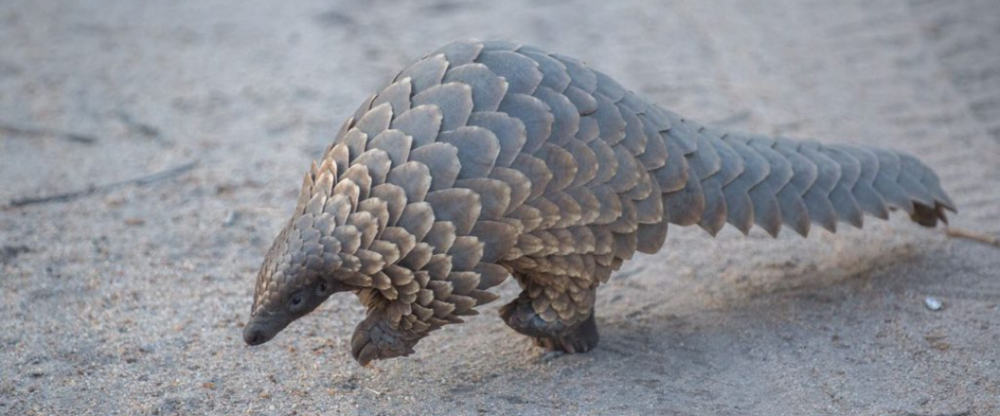
Why we must protect pangolins to stop the next pandemic
We are calling on governments around the world to take action to close commercial wildlife markets and end the international trade in rare animals like pangolins.
We are asking everyone to sign our petition calling for a worldwide ban.
Pangolin numbers are rapidly declining in Asia and Africa as they are caught and sold in commercial wildlife markets to customers who wrongly believe the animals' scales are a cure-all medicine, or who want to eat their flesh as a delicacy.
The International Union for Conservation of Nature (IUCN) Red List of Threatened Species records all pangolin species as either critically endangered, endangered or vulnerable.
But not only are commercial wildlife markets contributing to the decline of rare species such as pangolins by encouraging hunting and poaching, they have also been linked to the spread of new pandemic diseases.
More than two thirds of emerging infectious diseases have their origins in animals. Covid-19 and other zoonotic diseases – where the illness jumps from animals to humans – have been linked to cruelty-ridden commercial wildlife markets, where rare and endangered animals like pangolins, tigers and bears are kept and sold.
In December 2019, the Xinhua news agency reported the seizure of over 10 tonnes of pangolin scales that had been imported from Africa in the eastern Chinese city of Wenzhou, Zhejiang Province.
To protect our health we must take immediate action to shut down markets like those where the evidence suggests Covid-19 first skipped from animals to humans.
An EJF study in 2003 in the wake of SARS warned that China was the most likely candidate for the next zoonotic virus and called for a reduction in consumption of wildlife.
The full human and environmental impacts of commercial wildlife markets have been revealed in a recent briefing from the EJF and we are calling for a complete global ban.
Founder and executive director of the EJF Steve Trent says: “Commercial wildlife markets create a trail of animal human suffering and environmental damage.
“By banning them we have the opportunity to safeguard species threatened with extinction, reduce cruelty to animals, and protect our economy and health from future pandemics – all at the same time.
“Why would we not take this simple, hugely beneficial, cost-effective action?”
SIGN UP FOR OUR EMAILS AND STAY UP TO DATE WITH EJF